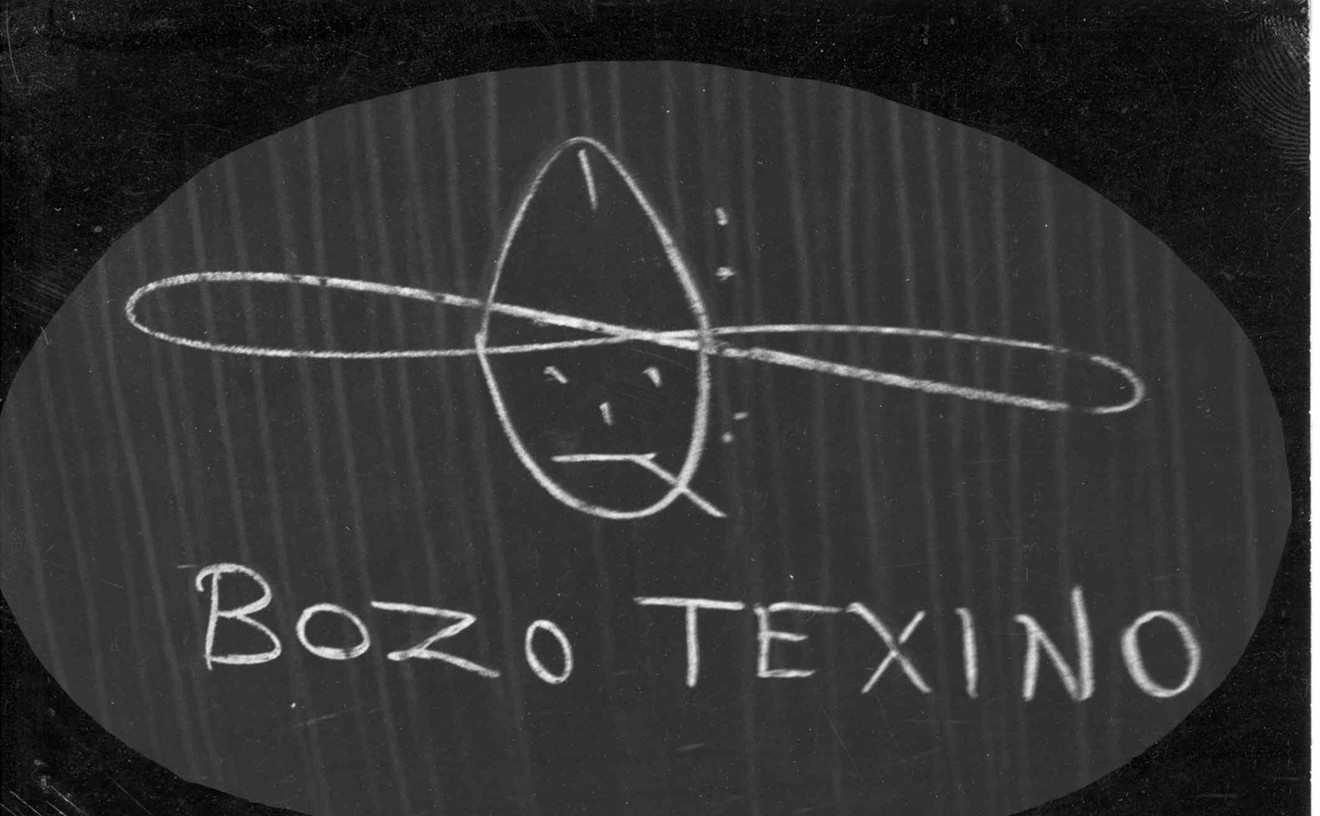Now in a regional premiere at Curious Theatre Company, Maple and Vine contrasts life in modern America with life in 1955 — the changes in mores and culture, the differences in eating habits between now and a time when lattes were unknown (as were whole-wheat bread and any herb other than dried oregano, although you did get Sanka and lots of salt). The result could be a razor-sharp satire shedding merciless light on both time periods, or it could go deeper and say something about the supposed freedoms of contemporary life versus the repressive conventionality of 1955, how we misunderstand the present and misremember the past. It doesn't accomplish either.
Ryu and Katha are a successful, linked-in modern pair: He's a plastic surgeon and she's a publishing executive. But she is also stressed, unhappy and grieving over a recent miscarriage. When she meets synthetically smiling Dean and Ellen, spokescouple for a gated community dedicated to re-creating life in 1955 and is invited to join, she seizes the opportunity and convinces a skeptical Ryu to take the leap with her. All this is funny at first, as Katha dishes up crab puffs to Dean and Ellen and exults over glass bottles of milk delivered to her doorstep. Meanwhile, Ryu — improbably — takes a job at a box factory. Playwright Jordan Harrison suggests that there's a certain seductiveness to a culture as rigidly controlled as that of the '50s, but he also shows a dark underside of homophobia and racism — and Japanese-American Ryu soon begins to feel the effects of the latter. Everyone is aware of the internment of Japanese-Americans during World War II, so the racism he encounters is nervous, ignorant and apologetic rather than obvious. Until Katha, anxious to fit in, actually asks other members of the community to be more overt, to comment on the shape of his eyes and stigmatize them both as a mixed-race couple.
There's an Authenticity Committee at the center of the play, and authenticity is a byword, but there are inauthenticities in the script itself. At one point, someone extols the togetherness of the 1950s, and the small stores staffed by men who all knew your name. This description may have fit some parts of America, but the suburbs were as dominated by gleaming, impersonal supermarkets as they are today, and the women trapped in those suburbs were desperately lonely. As for Katha's happy description of the seven hours she spent making chicken stock: This was the era of dinners concocted from a couple of boxes and a can of mushroom soup — an approach universally promoted as modern, hygienic and scientific. Still, I had to admire the women's entirely authentic bullet-shaped bras.
The plot is flimsy, even for a fantasy, and no one in the play makes sense. Katha's rapid — though nightmare-troubled — acquiescence to community standards just doesn't wash. Even though Ryu loves and pities his wife, it's hard to believe he'd give up his career and follow her to a place where he and any child he might have would have to endure ostracism, no matter how polite. And while the script flirts with the interesting concept that repression added a frisson of sexual excitement and an interesting psychological complexity to gay relationships, that idea is only spoken of, never fully realized in the characters' interactions — though there is one deeply touching moment when a gay man speaks longingly of returning to the 21st century, where he and his lover can live openly and simply together.
When perfect wifey Ellen's emotional secret finally comes out, the scene seems to belong in another play, despite a fine performance by C. Kelly Leo in the role. The other actors do what they can with their half-formed characters: Dale Li as a pleasantly naturalistic Ryu; Josh Robinson playing suave, smiley Dean; Karen Slack making Katha appropriately high-strung; and Stuart Sanks as both the low-key, slightly menacing Roger and too-campy Omar.
I kept thinking Maple and Vine would work better if it was played high-speed, farcical and funny — an approach that, paradoxically, might have given the serious moments more resonance. But director Chip Walton has set a slow pace, and the many scene changes provide far too much time to ponder the limitations of the script.











